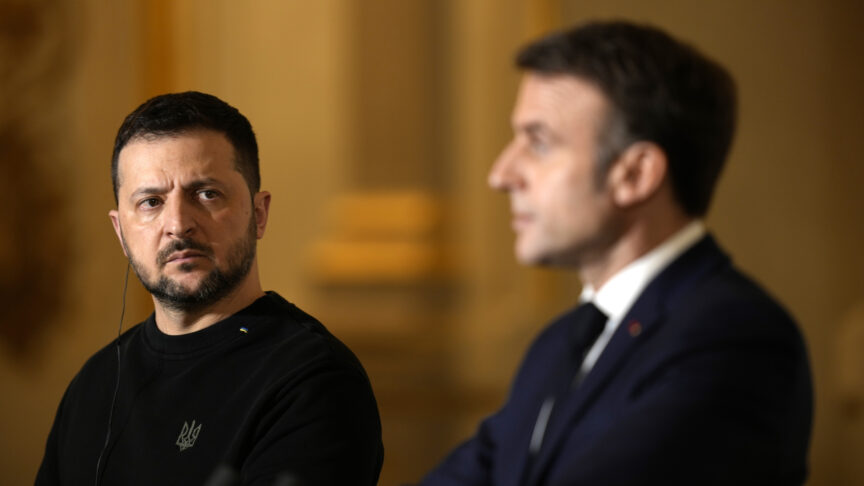Ukraine’s collapse
What are the likely consequences of an economic and political collapse in Ukraine? Nicu Popescu explains
This article forms part of Nicu Popescu’s EUobserver blog.
Ukraine’s economic crisis could have profound (geo)political consequences for European security. A default in Ukraine could lead to higher unemployment, a drastic fall in governance standards, a rise in emigration, organised crime, and an even deeper political crisis. A failed economy in Ukraine will hit hard Belarus and Moldova (and Transnistria) putting under strain all of EU’s immediate Eastern neighbours. It will also affect some EU member states, including Austria whose banks have lend heavily in Ukraine. Any of these developments will affect the EU and could lead to a significant throw back to its anyway-unimpressive European neighbourhood policy.
Ukraine might be about to collapse economically. It is unable to meet the conditions of the International Monetary Fund to qualify for a USD 16 billion bail-out. Because it will face presidential elections in a year from now – a divided government in Ukraine is not able to meet the IMF’s condition on cutting to zero the budget deficit. Ukraine’s political mess was sustainable in times of economic growth, but not global economic crisis.
A failed economy is not yet a failed state. But the big question is what will Russia do. So far Russia treats the economic crisis as an opportunity to advance a reconsolidation of its sphere of influence in the post-Soviet space. Kyrgyzstan received economic assistance for expelling the US air base in Manas and proceed with deeper integration with Russia. On a recent visit to Moldova, Russian foreign minister Sergey Lavrov offered solidarity in case of financial difficulties. “Money, not promises” was his message in a disguised reference to the EU and international financial organisation that either don’t respect promises, or take years to deliver on them. In Ukraine, Russia stepped in with an offer of a USD 5 billion bail-out. Russia’s conditions are not clear, but the price will most probably be political – a push for Ukraine to drop its NATO integration aspirations, or maybe an implicit deal on maintaining the Russian Black Sea fleet in Crimea beyond its current 2017 deadline. Voices in Russia also call for an imposed neutrality on Ukraine ( without a withdrawal of the Russian Black Sea fleet from Crimea).
In 1939 Edward Hallet Carr wrote a book called the Twenty Years Crisis referring to the interwar period of 1919-1939. He was wrong on many accounts. But he described how it took twenty years for the “end of history” optimism of 1919 to degenerate into a new World War. Ukraine (and all other post-Soviet states) is now in its 18th year of independence. The next two years will probably be decisive whether there will be a return to a bi-polar Europe or not. Certainly, perpetual political and economic crisis in countries like Ukraine, Moldova or Georgia have been a modus vivendi for the last two decades, which made them more fragile, but also (paradoxically) more resilient in the face of the current economic crisis. But still, an economically and politically collapsed Ukraine will raise the spectre of the end of post-Cold War Europe.
The European Council on Foreign Relations does not take collective positions. ECFR publications only represent the views of their individual authors.


